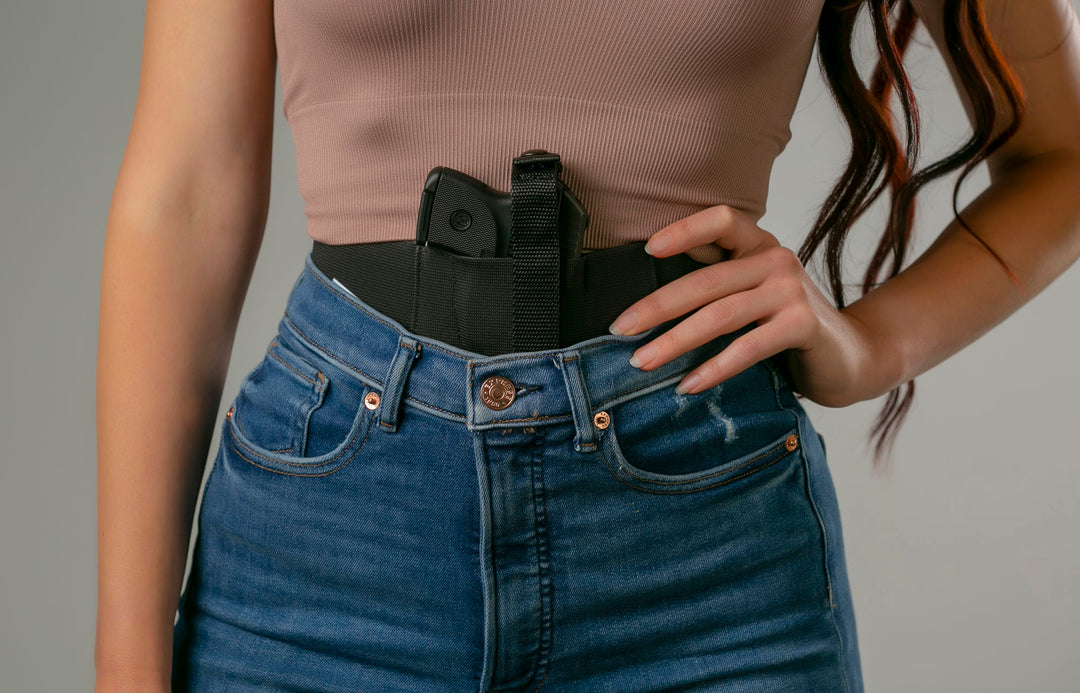Constitutional Carry Pros & Cons
Constitutional carry laws, also known as permitless carry or unrestricted carry, refer to laws that allow individuals to carry a concealed firearm in public without first obtaining a permit. These laws vary from state to state, with some states having no restrictions on carrying a concealed firearm, while others require a permit or license to carry a concealed weapon.
Proponents of constitutional carry laws argue that these laws protect the Second Amendment right to bear arms and that requiring a permit to carry a concealed firearm is an unnecessary burden on law-abiding citizens. They argue that individuals who are legally allowed to own a firearm should also be allowed to carry it for self-defense without having to jump through additional hoops.
Opponents of constitutional carry laws argue that these laws may allow individuals who are not properly trained or vetted to carry a concealed firearm in public, potentially leading to an increase in gun violence. They also argue that requiring a permit to carry a concealed firearm helps to ensure that individuals who carry a concealed weapon are responsible and trained in proper gun safety measures.
There are currently 20 states that have some form of constitutional carry law, with some states allowing individuals to carry both openly and concealed without a permit, and others only allowing concealed carry without a permit. These states include Alaska, Arizona, Arkansas, Idaho, Kansas, Kentucky, Maine, Mississippi, Missouri, Montana, Nebraska, New Hampshire, North Dakota, Oklahoma, South Dakota, Vermont, West Virginia, and Wyoming.
It is important to note that even in states with constitutional carry laws, there are still restrictions on who is allowed to carry a firearm. For example, individuals who have been convicted of certain felonies or domestic violence crimes, or who have been deemed mentally unstable, may still be prohibited from carrying a firearm.
Overall, the debate over constitutional carry laws is complex and divisive, with strong arguments on both sides. While supporters of these laws argue that they protect the Second Amendment rights of law-abiding citizens, opponents argue that they may increase the risk of gun violence by allowing individuals who are not properly trained or vetted to carry concealed firearms in public. Ultimately, the decision on whether to implement or maintain constitutional carry laws is left to the individual states and their citizens.




